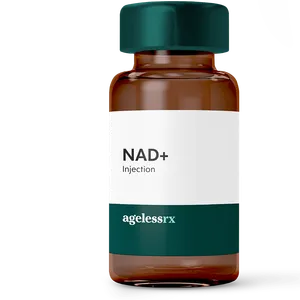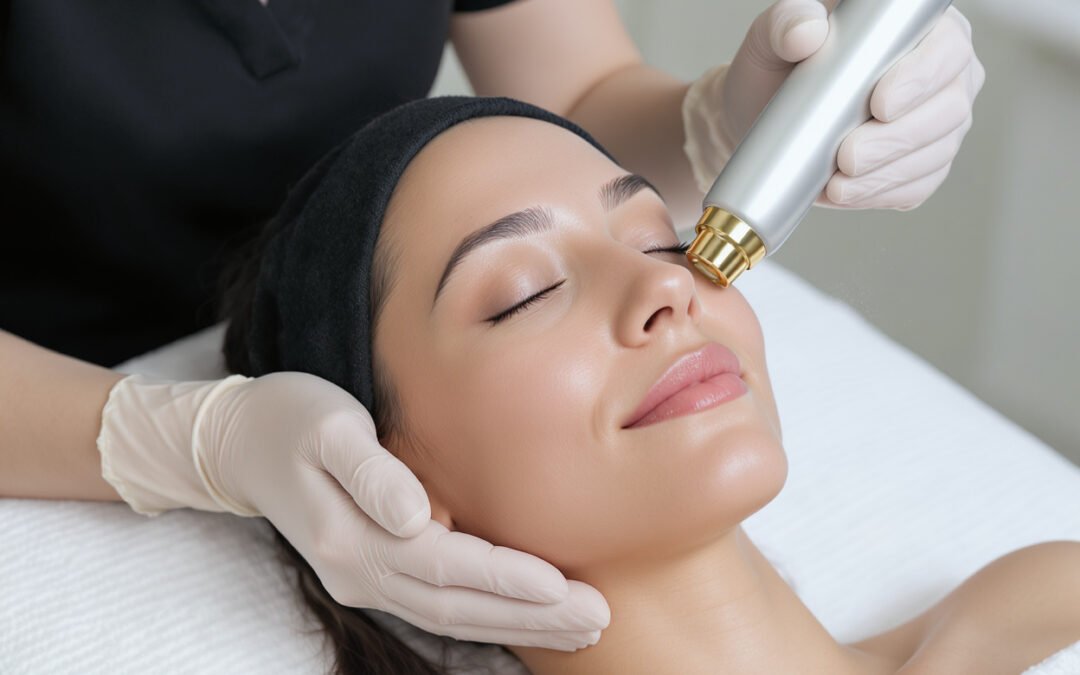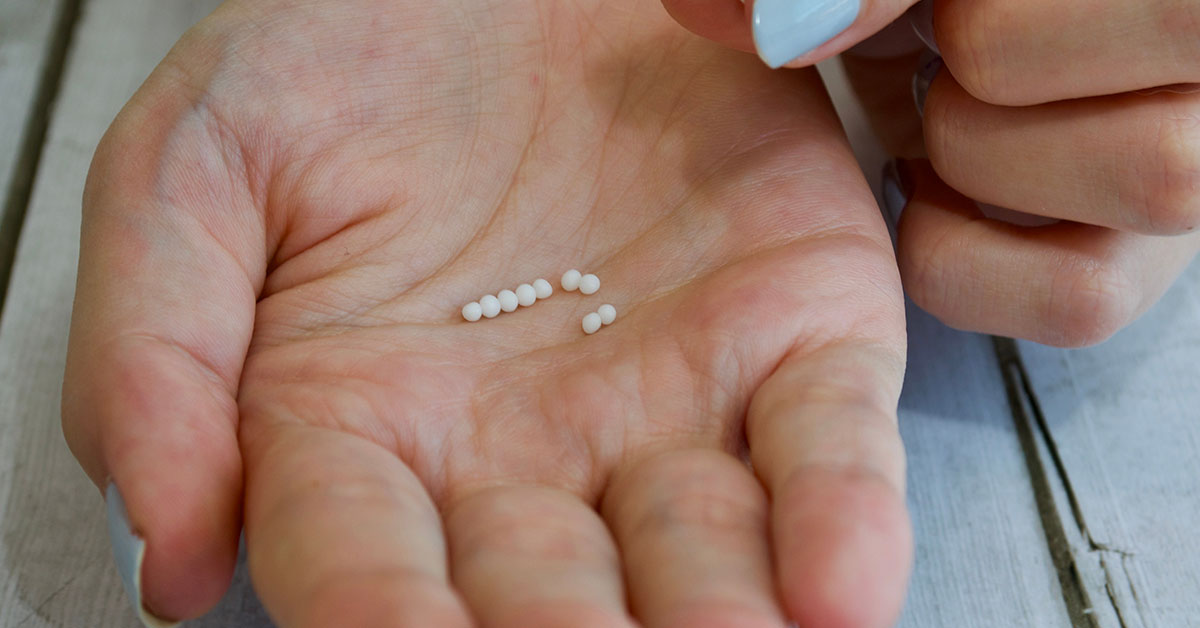
Boost Your Energy: Natural Ways to Increase Testosterone Levels
TABLE OF CONTENTS
- 1 The Role of Testosterone in the Body
- 2 Testosterone Levels Throughout Life
- 3 Causes of Low Testosterone
- 4 Symptoms of Low Testosterone
- 5 Diagnosis of Low Testosterone
- 6 Treatment Options for Low Testosterone
- 7 Potential Risks of Testosterone Therapy
- 8 Natural Ways to Boost Testosterone
- 9 Conclusion
- 10 FAQs
- 10.1 1. What are the normal testosterone levels for men and women?
- 10.2 2. At what age do testosterone levels start to drop?
- 10.3 3. Can low testosterone be treated without medications?
- 10.4 4. Are there any side effects of testosterone replacement therapy?
- 10.5 5. Where can I find more information about health and fitness?
- 10.6 Additional Links
- 10.7 Useful Shortcode
- 10.8 Related
Testosterone is a crucial hormone that plays a significant role in the human body. Often associated with male development, its influence goes beyond just sexual characteristics. Produced mainly in the testes in men and ovaries in women, as well as in the adrenal glands, testosterone impacts various physical and emotional aspects of life.
The Role of Testosterone in the Body
This powerful hormone contributes to a variety of bodily functions, including:
- Development of male characteristics: Testosterone is responsible for the development of primary and secondary sexual characteristics in males, such as facial and body hair, deep voice, and increased muscle mass.
- Regulation of libido: It is also vital for maintaining sexual drive in both men and women.
- Bone density: Testosterone helps in the maintenance of strong bones, reducing the risk of osteoporosis.
- Fat distribution: The hormone plays a role in how the body metabolizes fat.
- Muscle mass: Adequate levels of testosterone contribute to increased strength and muscle mass.
Testosterone Levels Throughout Life
Testosterone levels naturally fluctuate throughout life. In males, levels are highest during adolescence and early adulthood. As men age, testosterone levels gradually decline, beginning usually after age 30. This decline can lead to symptoms such as fatigue, depression, decreased libido, and reduced muscle mass. In women, testosterone levels are lower, but still play a crucial role, peaking in their twenties and diminishing after that.
Causes of Low Testosterone
Low testosterone, or hypogonadism, can result from various factors, including:
- Age: Natural aging processes lead to decreased testosterone production.
- Health conditions: Conditions such as obesity, diabetes, chronic illness, or hormonal disorders can impact testosterone levels.
- Medications: Some medications can influence hormone levels.
- Alcohol and substance abuse: Excessive alcohol consumption and drug use can lower testosterone levels.
- Stress: Chronic stress affects hormone balance, including testosterone.
Symptoms of Low Testosterone
Recognizing the signs of low testosterone is crucial for early intervention. Symptoms can include:
- Reduced libido and sexual dysfunction.
- Increase in body fat, especially around the abdomen.
- Fatigue and decreased energy levels.
- Loss of muscle mass and strength.
- Depression or anxiety.
- Difficulty concentrating and memory issues.
Diagnosis of Low Testosterone
If symptoms suggest low testosterone, a healthcare provider will typically perform blood tests to measure testosterone levels. It’s essential to get these levels checked in the morning when testosterone levels are usually at their peak. A definitive diagnosis may require more than one test, as various factors can influence testosterone levels.
Treatment Options for Low Testosterone
For those diagnosed with low testosterone, various treatment options are available, including:
- Lifestyle changes: Diet improvement, regular exercise, and weight loss may significantly enhance testosterone levels.
- Hormone therapy: Testosterone replacement therapy (TRT) can be administered via injections, gels, patches, or pellets.
- Medications: Certain medications can stimulate the body to produce more testosterone.
Potential Risks of Testosterone Therapy
While testosterone replacement therapy can restore hormone levels, it also comes with potential risks. Possible side effects include:
- Increased risk of heart disease.
- Changes in cholesterol levels.
- Sleep apnea.
- Skin reactions.
- Increased risk of blood clots.
Natural Ways to Boost Testosterone
For those seeking to boost testosterone levels naturally, consider the following strategies:
- Exercise regularly: Resistance training and high-intensity interval training (HIIT) can stimulate testosterone production.
- Maintain a healthy diet: Consuming a balanced diet rich in proteins, healthy fats, and carbs can support hormone levels.
- Get sufficient sleep: Aim for 7 to 9 hours of quality sleep each night.
- Manage stress: High stress elevates cortisol, which can negatively impact testosterone production.
- Limit alcohol consumption: Excessive drinking may lower testosterone levels.
Conclusion
Testosterone is a vital hormone that significantly impacts overall health, physical performance, and emotional well-being. Understanding its role in the body, recognizing the symptoms of low levels, and knowing the available treatment options can help individuals maintain a healthy hormonal balance. By focusing on lifestyle improvements and consulting healthcare professionals when necessary, both men and women can manage their testosterone levels effectively and enhance their quality of life.
FAQs
1. What are the normal testosterone levels for men and women?
For men, normal testosterone levels typically range from 300 to 1,000 ng/dL. For women, normal levels usually range from 15 to 70 ng/dL.
2. At what age do testosterone levels start to drop?
Testosterone levels begin to decline gradually after age 30 in men. In women, levels peak in the 20s and decline thereafter.
3. Can low testosterone be treated without medications?
Yes, lifestyle changes such as improving diet, increasing physical activity, managing stress, and getting adequate sleep can help boost testosterone levels naturally.
4. Are there any side effects of testosterone replacement therapy?
Potential side effects include increased risk of heart disease, changes in cholesterol levels, and sleep apnea, among others. It’s essential to discuss these risks with a healthcare provider.
5. Where can I find more information about health and fitness?
You can explore various resources for health and fitness information, including this TripAdvisor profile, a body piercing guide, Steroid.com, and Hanna Houston’s podcast.
Additional Links
For further information on body piercings, check this guide.
For insights on steroids and their effects, visit Steroid.com.
Useful Shortcode
FREE SHIPPING
CLICK HERE!
HOT PROMOTIONS!
Testosterone is a critical hormone primarily associated with male development and reproductive function, although it is also present in females at lower levels. Synthesized in the testes in men, the ovaries in women, and the adrenal glands in both sexes, testosterone plays a vital role in various physiological processes. It is responsible for the development of male secondary sexual characteristics, such as increased muscle and bone mass, body hair growth, and a deeper voice during puberty. In women, it regulates menstrual cycles and contributes to bone strength and libido. Overall, testosterone is essential for maintaining overall health in both men and women.
Throughout life, testosterone levels fluctuate and are influenced by several factors including age, health, and lifestyle. In males, testosterone levels typically peak during adolescence and early adulthood. However, as men age, testosterone levels tend to decline gradually, often leading to symptoms such as reduced libido, fatigue, and loss of muscle mass. In contrast, women experience a more gradual decline in testosterone levels, particularly after menopause. This decline can affect energy levels, mood, and sexual health. Understanding these natural fluctuations is crucial for recognizing when medical intervention may be necessary.
The role of testosterone extends beyond reproductive health; it also significantly influences psychological well-being and cognitive function. Research has shown that maintaining adequate testosterone levels is linked to mood regulation, preventing depression, and promoting a sense of well-being. Low testosterone levels in men are associated with increased anxiety, depression, and irritability, which can adversely affect overall quality of life. Similarly, in women, low testosterone can lead to mood swings and decreased sexual desire. Therefore, recognizing the psychological impact of testosterone is essential in both clinical settings and everyday health considerations.
In recent years, there has been growing interest in testosterone replacement therapy (TRT) for men experiencing low testosterone levels, often referred to as hypogonadism. TRT can alleviate symptoms such as fatigue, low libido, and muscle loss, helping to restore a sense of vitality. However, it is essential to approach this therapy cautiously, as excessive testosterone can lead to adverse effects, including increased risk of cardiovascular issues, infertility, and other hormonal imbalances. Comprehensive medical evaluation, monitoring, and individualized treatment plans are critical to ensuring the safe and effective use of TRT.
The discussion surrounding testosterone is increasingly relevant not only for men’s health but also for broader societal conversations about gender, identity, and health equity. As more individuals identify beyond traditional gender norms, understanding how testosterone functions in both biological and psychological contexts is vital. Research is ongoing to better understand how hormonal balance affects individuals differently and to develop tailored approaches for managing hormonal health. This evolving understanding emphasizes the importance of continuing to explore how hormones like testosterone affect human health across various dimensions of life.
















